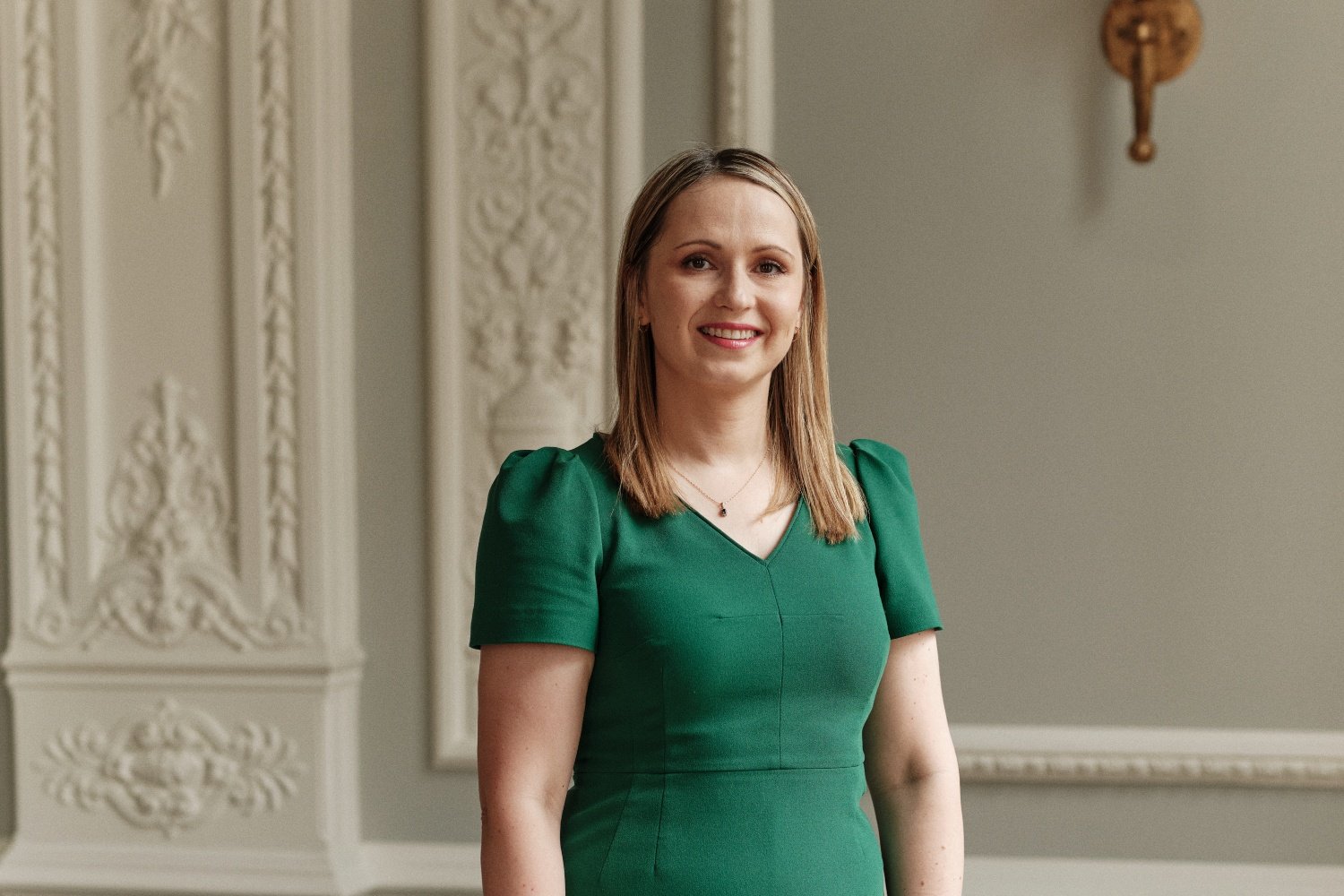How to be an ‘accidental landlord’
Letting a property that you planned to sell? Welcome to the world of the ‘accidental landlord’. Thankfully, help is at hand. Here, we explain how to maximise your returns in a competitive market

The steepest cycle of interest rate hikes in living memory sent a chill wind through the country’s property market. Values softened, which, over the past 18 months, prompted many would-be sellers to rent their homes while they wait for conditions to improve.
It’s a trend still underway. Across London, the number of new listings of homes to rent was 14% higher in the first six months of this year compared to the same period in 2023, Rightmove data shows. That rise can, in part, be attributed to an increase in ‘accidental landlords’. Such a description of these new players in the market may suggest reluctant participation, but attractive returns have coaxed some to adopt long-term strategies: Average yields stood at 4.24% in Prime Central London during July 2024, the highest figure since March 2007.
It’s competitive, but the right approach can ensure a speedy let at attractive rates, producing stable income for years. Here, some of Knight Frank’s most experienced agents share how landlords can make a success of their first property and gear up to build a portfolio.

Invest in exceptional design
White walls, laminate flooring, inoffensive fixtures. ‘Rental specification’ was once the norm, but times have changed.
“The quality of rental stock in prime London is incredibly strong. If you’re going to get someone to pay a premium, it has to be turnkey, beautifully presented throughout,” says David Mumby, Regional Partner of Prime Central London Lettings. “You’ve got to get it right because the killer of rental investments is void and vacancy periods.”
In super prime markets (with rents of £5,000-plus per week) in particular, people are often renting a lifestyle, not just a property. They might be in London temporarily for work, or would rather not, for example, pay the equivalent of two or three years’ worth of rent in stamp duty on a property purchase.
“It’s important to recognise that these tenants have the financial capability to buy,” says Tom Smith, Head of Super Prime Lettings. “Their expectations are the same as if they were purchasing.”

Deliver the highest service standards
Four years on from the pandemic the latest ONS figures show people are still spending more time at home, particularly for work, making tenants more discerning about what they seek in a property, says Anna Czaban, Head of Property Management. “A new landlord needs to make sure their property is managed efficiently (whether that’s managing repairs or promptly resolving issues for tenants) and really think about what the tenant wants. Their home needs to work harder for them than it used to.”
That extends not just to the speed of how queries are addressed, but the way they’re addressed. It was once common for problems to be fixed while tenants were out working, but these days they’re more likely to be at home. “A tenant’s experience of, and interaction with, third-party contractors needs to encompass a high level of professionalism that we’d all expect from a top brand – from the way contractors are presented to how thoroughly issues are resolved,” Czaban adds.
Tune into the property markets
Schools, regeneration projects or changes in government ensure that London’s property markets are constantly in flux. Understanding which areas are on the up or down in terms of rental demand is vital for investing in a new property, and for understanding where to set the rental level of an existing property.
London’s super prime footprint is expanding outside the traditional enclaves of Mayfair and Knightsbridge as fierce competition for top schools in Richmond and Barnes drives demand in the south west of the capital, according to Smith. Meanwhile, the opening of The Whiteley, consisting of 139 private residences and London’s first Six Senses hotel and spa, also puts Bayswater on the map as a neighbourhood to watch.

Create homes with star quality
For many, London is the centre of the business, sporting and cultural worlds, meaning landlords with the right property could host the capital’s next financial titan, the next Premier League star, or the lead actor in a blockbuster movie.
Short-term lets can prove very lucrative, but these tenants apply the same standards to their home as they do to their craft, says John Humphris, Head of Corporate and Relocation Services.
Even if your property isn’t intended for the rich and famous, the principle still applies. In a market where supply is on a level playing field with demand, having a property that stands out for its quality will offer any landlord a competitive advantage.
“Properties need to be best-in-class,” he adds. “Everything must work seamlessly. If it’s a new-build the appliances should be tested, cleaning must be meticulous, and any technology needs to be up and running, ready for when your tenants walk in.”

Crunch your numbers
Higher interest rates have altered the business model. Four years ago, landlords carried leverage at rates of around 2%, but as mortgage rates have climbed, many investors are either lowering their loan-to-value ratio to maximise returns or investing in properties with multiple renters known as a ‘Houses in Multiple Occupation’ (HMOs). Either strategy requires detailed business plans before lenders will advance capital.
Investing in HMOs isn’t for beginners – understanding bridging finance and compliance is a must – but it’s the fastest route to growth while mortgage rates sit above five per cent. Moves to professionalise the sector through stricter rules and regulations have cross-party support, says Huy Le, Head of Landlord Finance.
“You have to know your numbers,” he adds. “That means having a tried and tested model in place that proves you know what you’re doing. Both the government and lenders want to see professional landlords who have high-quality properties and are able to run a solvent business.”
If you have property to let, contact the lettings team at knightfrank.co.uk/let-my-property
Properties available to rent











